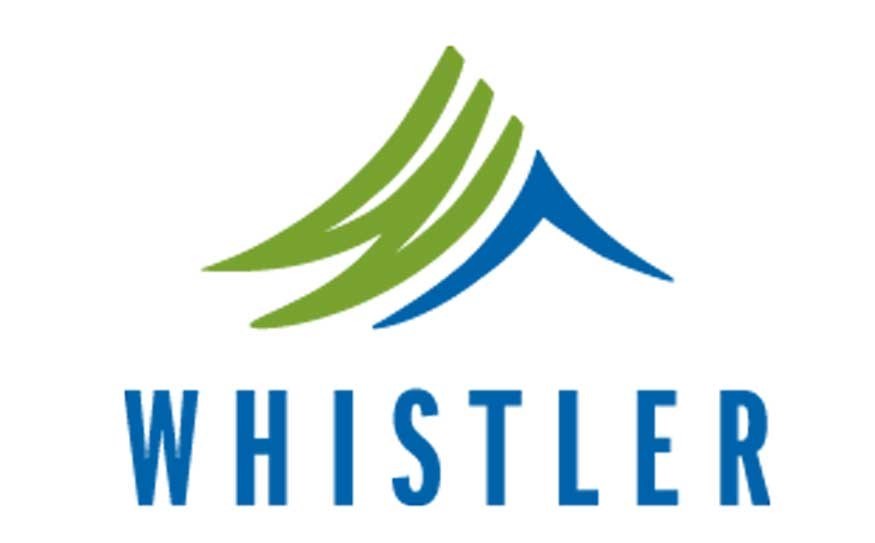When White Gold resident Scott Carrell was told that there was asbestos in the drinking water pipes in his neighbourhood, he called municipal hall right away to learn more.
Like the research online, Carrell was told that the asbestos in the water was not proven to be a problem.
But that didn't assuage his concerns and he wanted to make council aware.
"Given our local government's position on the environment and marketing around "tap into quality" I would like to go on the record as having a concern," wrote Carrell from Australia where he is on vacation.
"Like I said I am no expert, I simply want to make council aware. At some point they will need to be replaced or retro-fitted and I think this should be put on the radar. I would like to hear the RMOW position on managing these pipes. I want to feel comfortable that the potential risks are being managed and procedures are in place."
Council quizzed staff on Tuesday night in response to the letter and learned that roughly two to three per cent of the water pipes in Whistler — in White Gold and Alta Vista — have asbestos. It was used as a reinforcing material in the pipes.
But senior municipal manager Joe Paul also made clear that he does not share the concerns raised by Carrell, citing several top health organizations including the World Health Organization and Health Canada.
The findings are that from a drinking water supply perspective, if ingested, there is no consistent evidence that asbestos is hazardous to health.
Councillor Andrée Janyk appeared skeptical and questioned if the asbestos could be tested, wanting to put residents' minds at ease.
Paul agreed that testing could be done but he questioned if it would be money well spent given that there is no threshold to judge if the asbestos is dangerous.
Council has asked staff to provide links to the supporting health documents cited by Paul on the municipal website.
Shoes on hydro lines
If there's one thing sure to get the mayor's blood boiling it's looking at shoes and boots hanging from overhead lines.
"This drives me crazy," said Mayor Nancy Wilhelm-Morden, her comments prompted by a letter from resident Mike Suggett. "They're everywhere and it makes Whistler look tacky."
Suggett wrote to inform council that he contacted BC Hydro one day about the overhanging boots and they were removed promptly.
Staff has also been in touch with Hydro and Telus, and was assured that if contacted and told about the specific locations, the companies will remove the shoes.
Staff said it was looking at putting a notice service on the municipal website to streamline the process.
"Please do that and I will be your best customer," said the mayor.
Lobbying for lower speeds continues
More voices are joining the chorus of complaints regarding the speed limit between Tamarisk and Function Junction.
And the municipality is taking note.
Senior municipal manager Joe Paul said Whistler has sent correspondence to the ministry of transportation and just this week set up a meeting with the regional manager to discuss the speed limit and other highway issues.
The letters in this week's council package raised concerns about safety with the current speed of 80 kilometres per hour on that stretch of highway. It's the only section in Whistler at that speed and the lobbying efforts come with a request to drop the speed limit to 60 kms/hour.
"The infrastructure along this section of Highway 99 has rapidly expanded over the years past and the overall traffic volume has increased to produce consistently dangerous situations that can be avoided with an immediate reduction in posted speed limit to 60 km/hr," states the seven form letters signed by local residents and Vancouver residents.
The municipal meeting with the regional manager is scheduled for two weeks' time.




